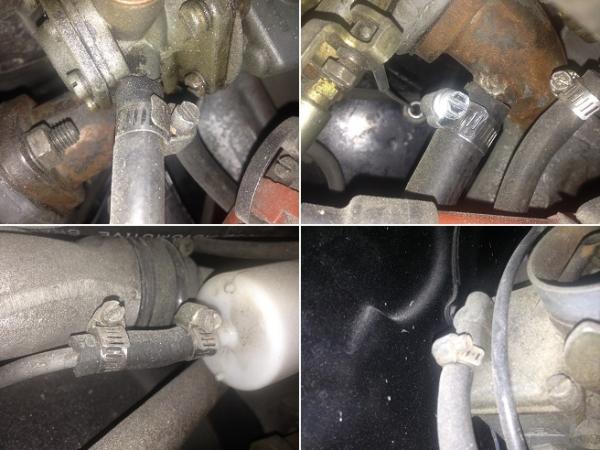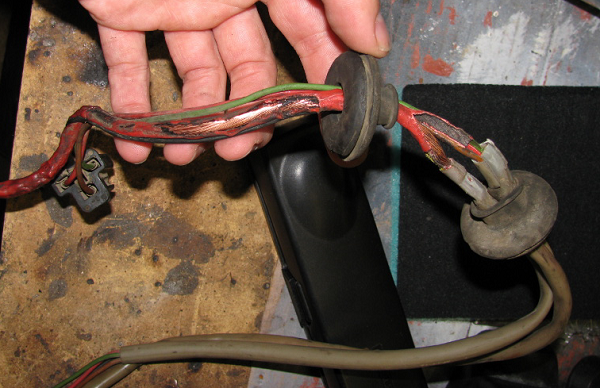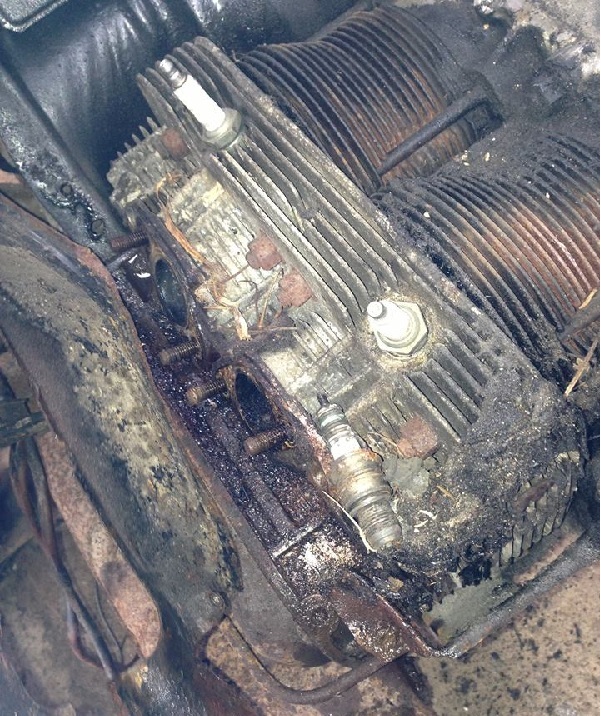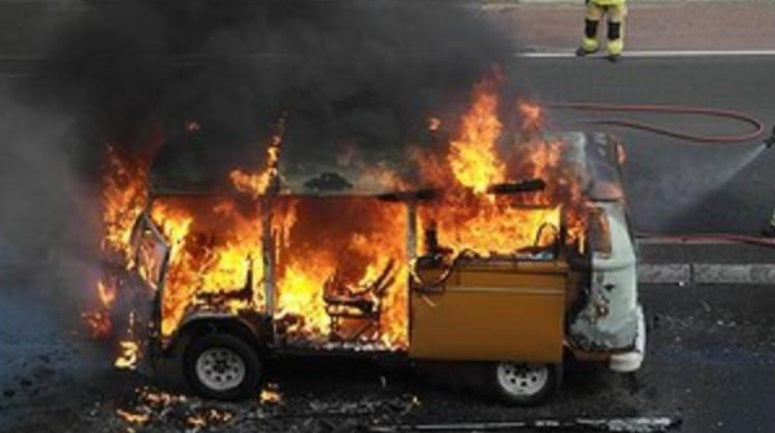About a month ago, a VW Kombi caught fire on Parramatta Rd, Sydney, and burnt to the ground. There was no explanation as to what caused it, or how the vehicle had been maintained.
Since then, I have been mulling over the problem, and trying to determine whether it is a problem specific to air cooled VW in general, or do all cars suffer this fate due to bad maintenance?
I have come across many Kombis now that all have a fire extinguisher fitted as part of their standard equipment. It makes sense, especially in campers where you have a cooker, fridge, or other electrics that may cause old and brittle wiring to overload. There is a good case for replacing the electrics when you restore and renovate that 40+ year old Kombi that will now be your pride and joy.
However this still does not address the issue of a fire coming from the engine bay. For many of us that have owned a Kombi, we simply fill up with fuel, put the key in the ignition and expect it to work. However there are a couple of simple things you might want to take a look at next time you open your engine lid.
First of all check your fuel lines. They should be dry (not wet with leaking fuel) and free from cracks or frayed at the ends. Where they meet at each junction, they should be secured with a stainless metal clip, to ensure they don't pop off and spray petrol all over a hot engine/alternator. Confused about your fuel lines? Lets just say its a good idea for any rubber hose in the engine bay.

Secondly, you might want to check that no wires in the engine bay are old, cracked or worn. We've hopefully taken the fuel out of the equation but grease and insulation etc still burns. Its not just a VW problem - every car suffers from this once they get 40 years old.

And finally, you need to remember that an air cooled VW engine is... air cooled. So any build up of grease, dirt or scale will inhibit the ability of your engine to cool itself from the surrounding air.
I'm not saying we all have the time, skill or tools to drop our engine out of a Kombi and remove the tinware to have a look at the build up of years of grease and crap, but if it hasn't been done for a few years, then it might look like this. Its like putting another layer between your engine and the cooling air that stops it from overheating. Every surface of your air cooled engine is designed to help it lose heat, and the tinware that surrounds it should be channeling that cool air into every nook and cranny.
This is an example of an engine that we pulled out of a Kombi a few weeks back. It needed lots of degreaser and attention with a scrubbing brush. You might even score a bonus spark plug that got dropped when someone was last trying to replace them.

Even the rocker covers that protect your valves are designed to help lose heat, so if they are covered with muck inside and out, then your motor will be struggling to lose heat.
Now for some of you this might not be rocket science, but its worth putting out there to help prevent another burning Kombi on the side of the road. A little maintenance goes a long way. See you on the road!

